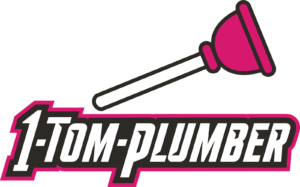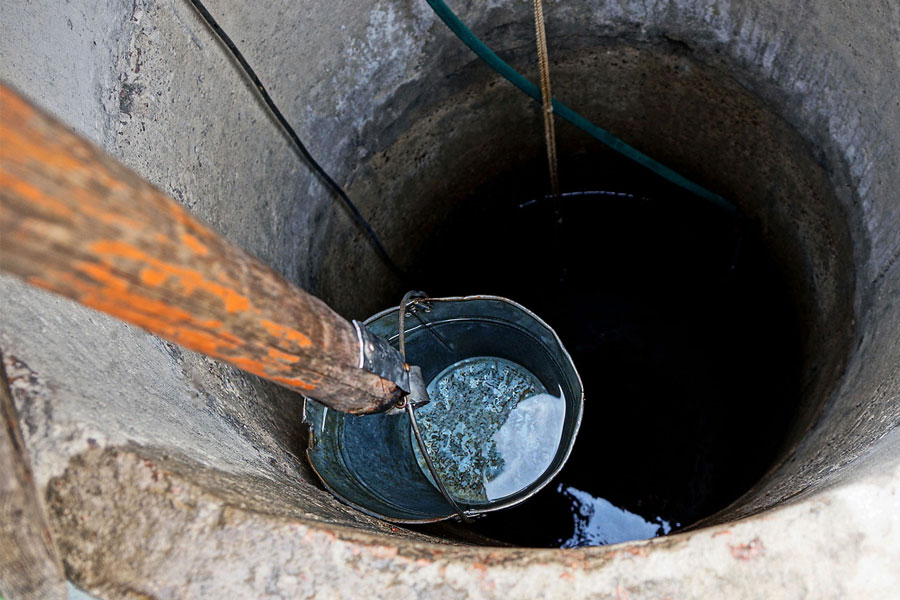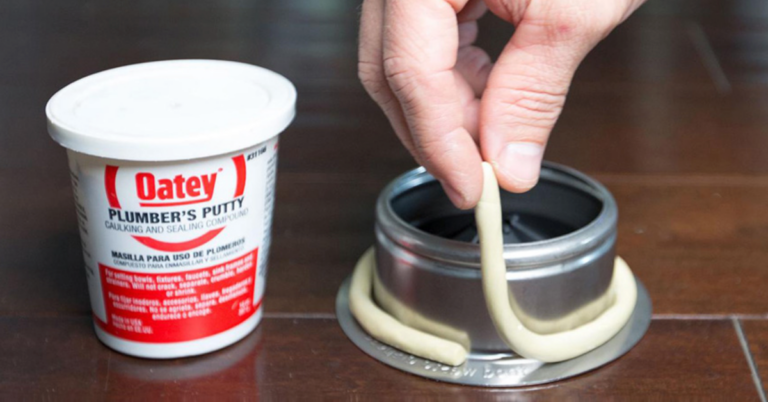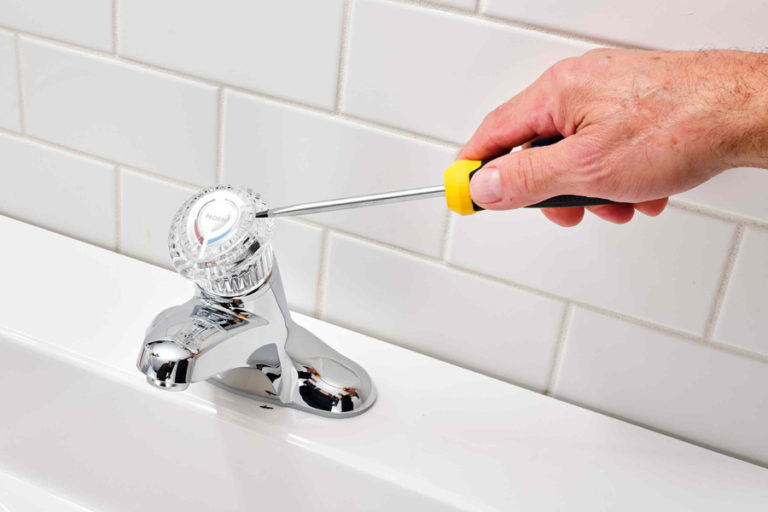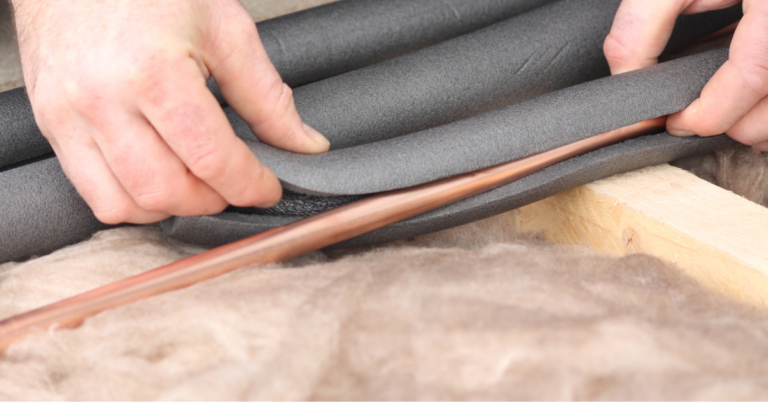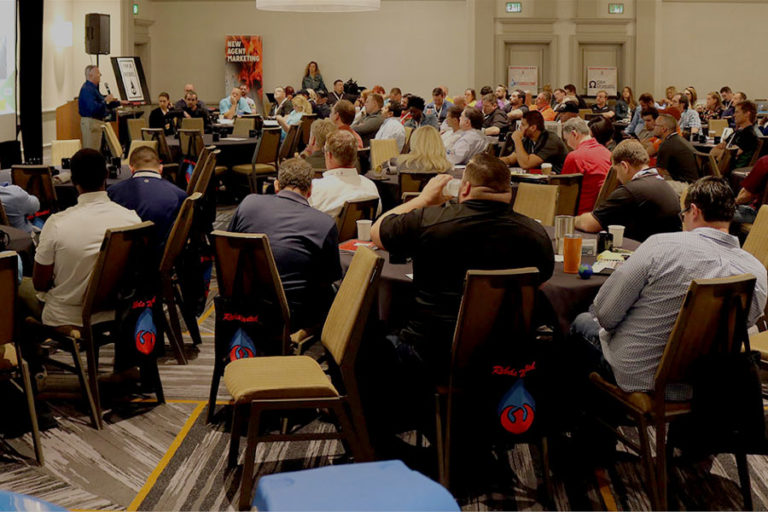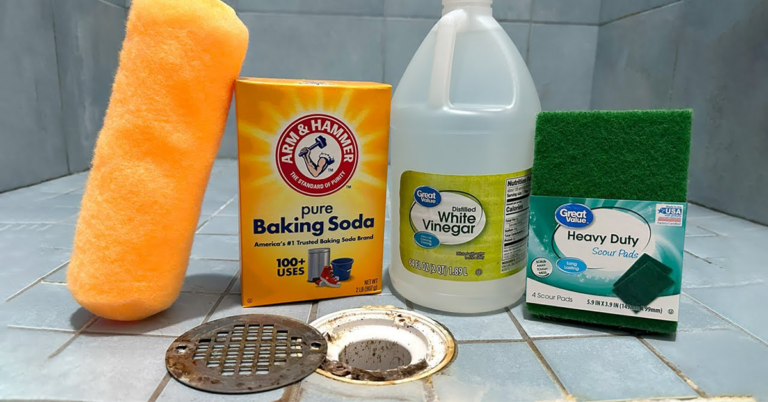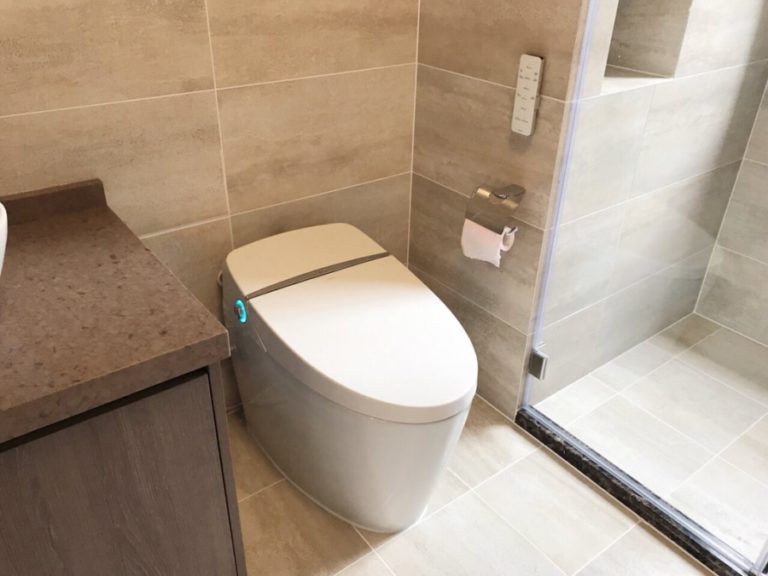City vs Well Water
There are two different types of water systems your home can have. The most common is having city water; 90% percent of Americans get their water from their local government. However, 13 million households get their water from the well in the backyard. A well is a large hole that is drilled all the way to the aquifer. Then sent through pipes to your home.
City Water Pros

The first pro of city water is maintenance. There is no maintenance required on the homeowner’s side to have clean water come to their home. All you have to do is call the city or water company to turn it on.
This also means that the quantity and quality of water is in the city as well. They test the water frequently and it needs to meet or exceed the EPA guidelines.
City water is generally available in most parts of the USA. They typically are not in very rural areas.
The last pro is that there isn’t a worry of running out of water. The city should have plenty of water for everyone that uses it.
City Water Cons

The main con is that there is a bill attached with it. Since the city is doing the work of treating it, maintaining the facilities there is a cost associated with it.
With that, if you don’t pay your bill your water can get shut off.
Another con is that it can be contaminated on a large scale. Natural disasters like floods can make the water contaminated. That could mean you need to go without clean water for however long it takes for them to fix the issue.
Well Water Pros

One of the main benefits of having well water is that there is no monthly bill tied with your water usage. You won’t ever receive a bill from the city about it.
The other pro people think of most with well water is that it is fresher. The water comes naturally filtered from the soil and right off your own property. It doesn’t sit in storage tanks for days as its pumped through to your house. Most people even say well water tastes better.
The well water is also usually protected against natural disasters contaminating your water unless it occurs on your property.
There is also a reduced amount of chemicals used to process your water, which lowers the environmental impact.
Well Water Cons
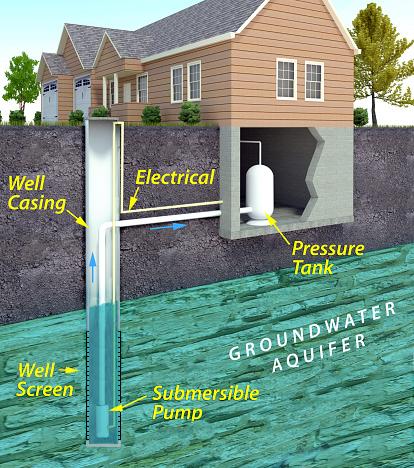
The biggest hurdle you will have to deal with having a well is all the maintenance. You have to make sure your water is clean by testing it on your own. You can buy testing kits online that will help. We also recommend installing a water filtration system in your home to ensure clean water is coming into your home.
Well water relies on electricity, so if the power goes out you won’t have the ability to have a water pump into your home. You will either need a backup generator or a back up pump in case the power goes out.
Another con is that the well water can become contaminated by a few different things such as runoff from farms, dead animals, sewage and chemicals. Again, we recommend that with a well, a whole home water filtration system.
Final Thoughts

Whatever water system you decide on, you can’t make a wrong choice. There is a right choice for your household. The difference between them is minimal, especially if you install a whole home water filtration system.
Call 1-Tom-Plumber
Don’t hesitate to contact us here or call us at 1-Tom-Plumber (1-866-758-6237) if you need help with your drains, waterlines, installing water filtration systems and more.
1-Tom-Plumber’s certified team of plumbers and drain technicians respond immediately to any emergency plumbing, drain, or water damage problem, including excavation of underground water lines and sewer main lines. Our immediate-response team is available every day and night of the year, even on holidays.
